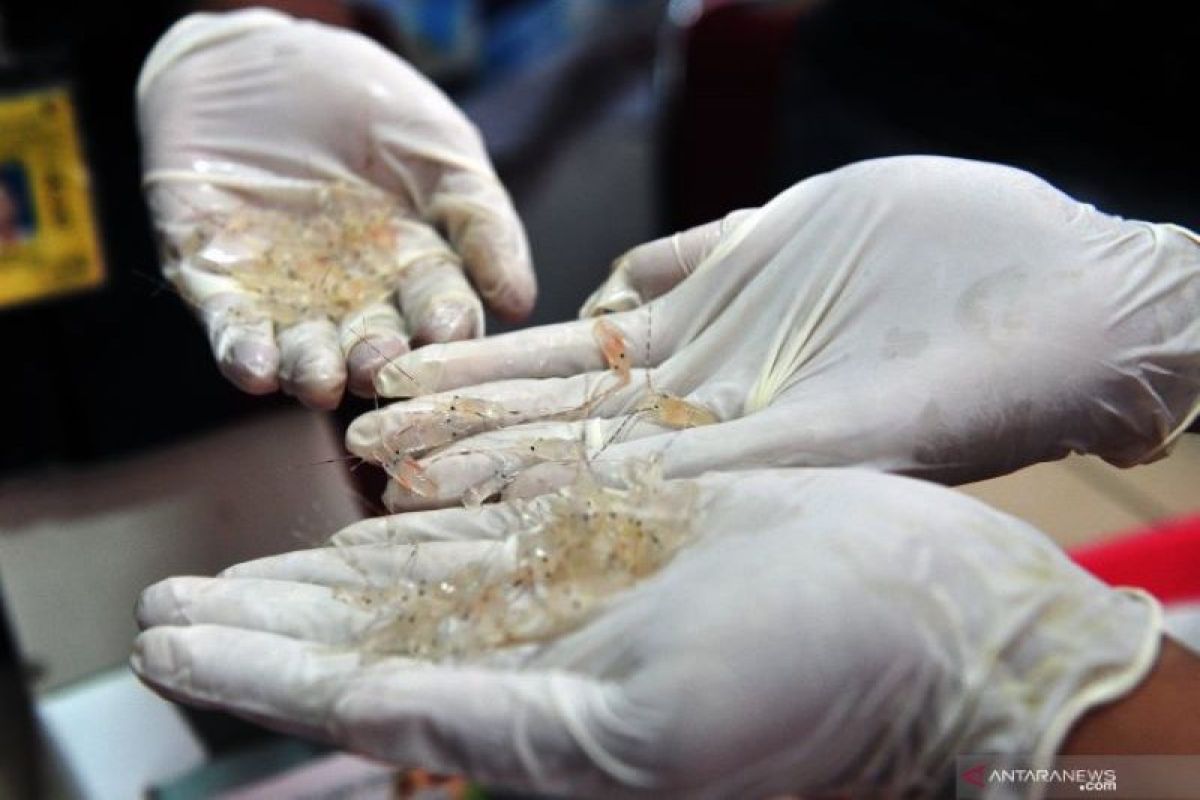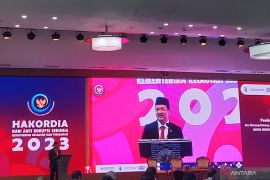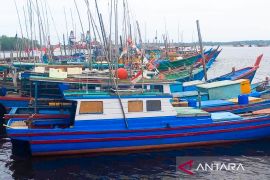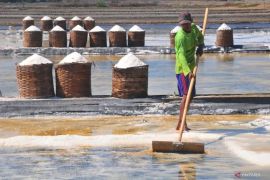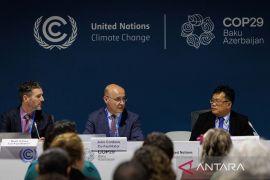Director General of Marine and Fisheries Resources Supervision (PSDKP) at the ministry, Adin Nurawaluddin, stated in Badung, Bali, on Thursday that the demand from Vietnam had reached 600 million baby lobsters, which is illegal and detrimental to the country.
"Because of this, the minister sees quite a large potential. Instead of missing something, we are trying to communicate it with the Vietnamese government, (and) we are encouraging G-to-G cooperation between the Indonesian and Vietnamese governments," he stated.
The collaboration is in the form of boosting the cultivation industry in the country, which is also part of KKP's five blue economy programs.
These programs comprise expanding conservation areas, supporting quota-based measured fishing, increasing sustainable cultivation, managing coastal areas of small islands, and managing plastic waste.
Lobster cultivation is included in the policy of increasing sustainable cultivation, with the hope that people will understand how to raise lobsters and not just catch them and sell them raw.
He said that the ability to raise lobsters for the people of Indonesia and Vietnam is no different, but it is the character of the people seeking convenience over long-term benefits that makes the difference.
"Sometimes in our society, it is easier to catch and sell, so then we forget to breed," he explained.
Nurawaluddin stated that people can easily find baby lobsters, both regular and sand lobsters, from Lombok, Telong Elong, the southern waters of Bali, Banyuwangi, Prigi, Pangandaran, Sukabumi, Lampung, to Bengkulu, and sell them at high prices.
Each baby lobster is sold for approximately Rp10,000 (US$0.64) and then sold to collectors for about Rp15,000 to Rp20,000.
Thus, they can earn a high income by selling hundreds of baby lobsters per day without having to take care of lobsters for months, he added.
He said that the ministry is pushing for a sustainable blue economy policy with the people to encourage increasing the lobster cultivation industry.
"The price of one baby lobster might not be expensive, but if it is sold in the form of a large lobster, the price could be more than Rp1 million (around US$64.42)," Nurawaluddin emphasized.
Through this collaboration, apart from reviving lobster cultivation and generating income for the community, the government will also ensure that natural resources are utilized properly.
Nurawaluddin cited the example of state losses due to the export of baby lobsters last year, where the Ministry of KKP succeeded in thwarting the smuggling of more than 1.6 million baby lobsters.
Related news: Minister seeks to make Lombok center of lobster cultivation
Related news: KKP releases nearly 20,000 baby lobsters in Pariaman
Translator: Ni Putu Putri Muliantari, Cindy Frishanti Octavia
Editor: Anton Santoso
Copyright © ANTARA 2023
